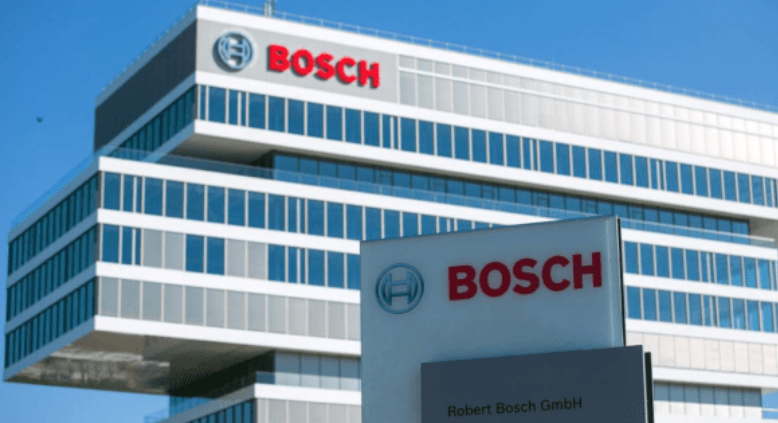During the COVID-19 pandemic, problems in the supply of semiconductors for electric vehicles represented a huge obstacle to the development of electromobility on a global scale.
Major brands linked to the automotive industry have focused on this aspect and presented ambitious plans to lead the market in this sector.
Through technological processes in which they are applying elements such as silicon carbide for chips, Bosch announced new plans to expand its semiconductor business.
The company intends to acquire assets of U.S. manufacturer TSI Semiconductors, based in Roseville, California. This company currently produces large volumes of chips on 200-millimeter silicon wafers for applications in the mobility, energy, life sciences and telecommunications industries.
Read also: Blink Charging Strengthens Carpooling Division
Cost-effective Injection
Over the next few years, Bosch intends to invest more than $1.5 billion in localization and convert its production facilities to state-of-the-art processes. Starting in 2026, the first chips will be produced on 200-millimeter silicon carbide (SiC) wafers.
With the reinforcement of its semiconductor business, the brand will have significantly expanded its global SiC chip portfolio by the end of 2030, by which time electric mobility will be generating high demand for these products.
As Bosch notes, the full extent of the investment will depend, in large part, on available federal funding opportunities through CHIPS and the Science Act, as well as economic development opportunities in the State of California.
It is worth noting that the SiC chip market continues to grow exponentially, at an annual average of 30%. In electric vehicles, these chips provide greater autonomy, as well as more efficient recharging, since they use up to half the power.
Installed in their power electronics, they increase autonomy by an average of 6% compared to silicon-based chips.




